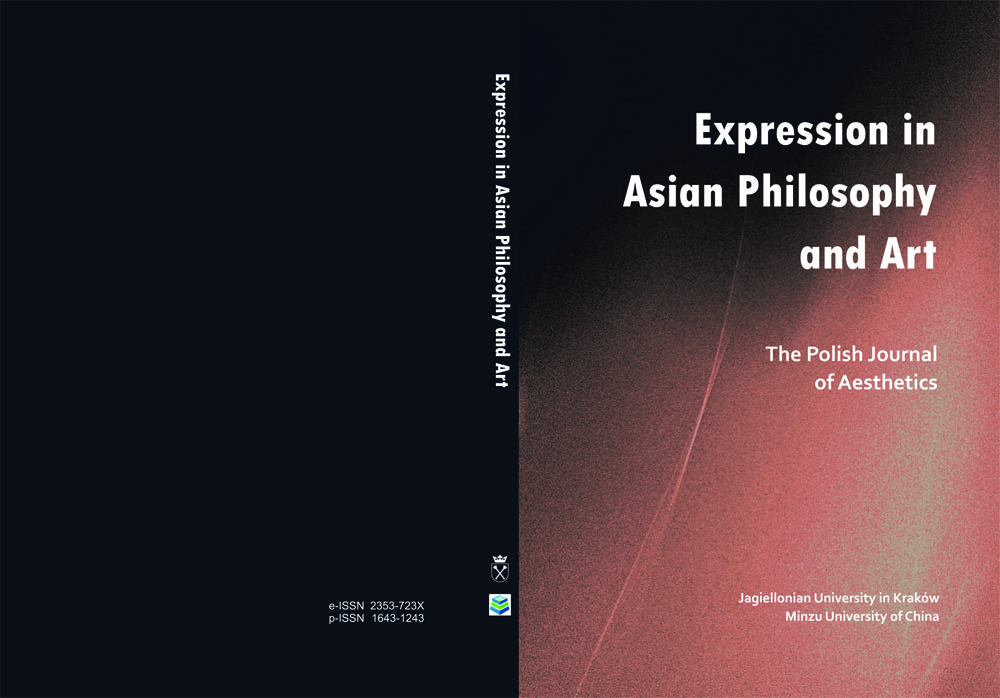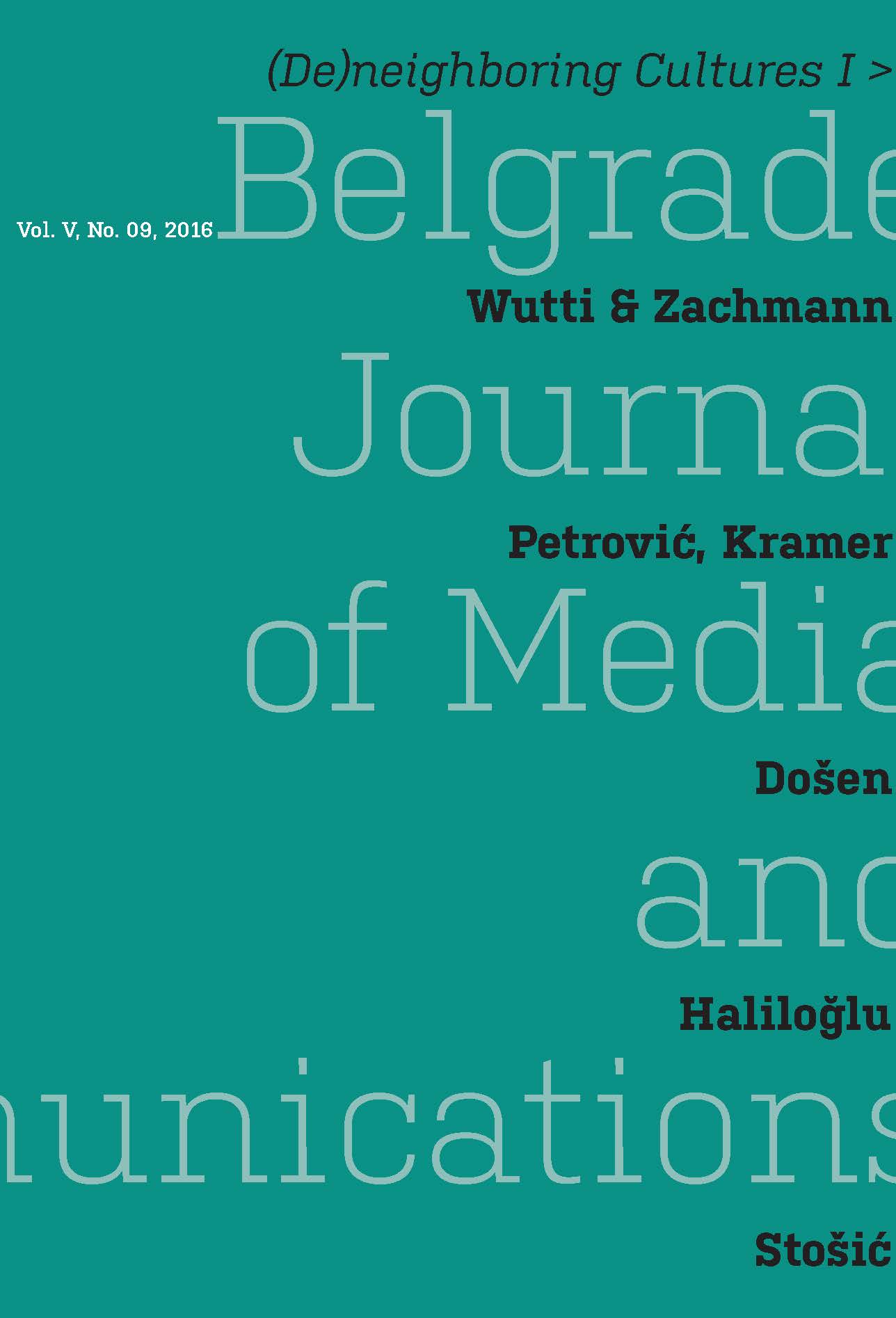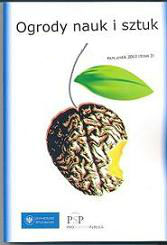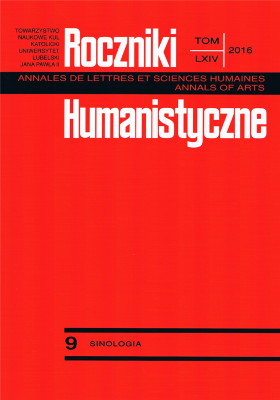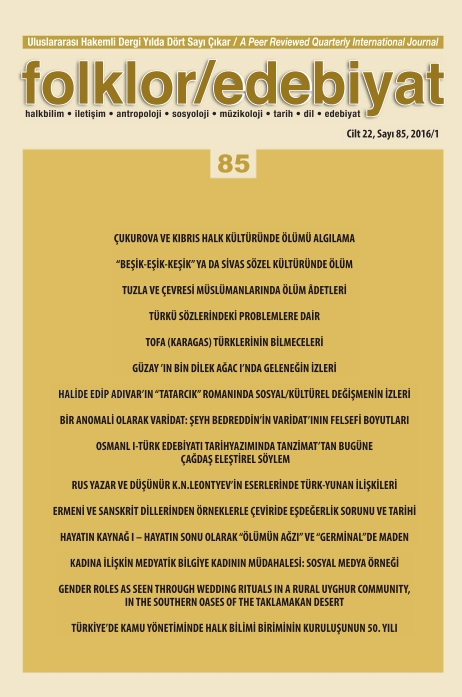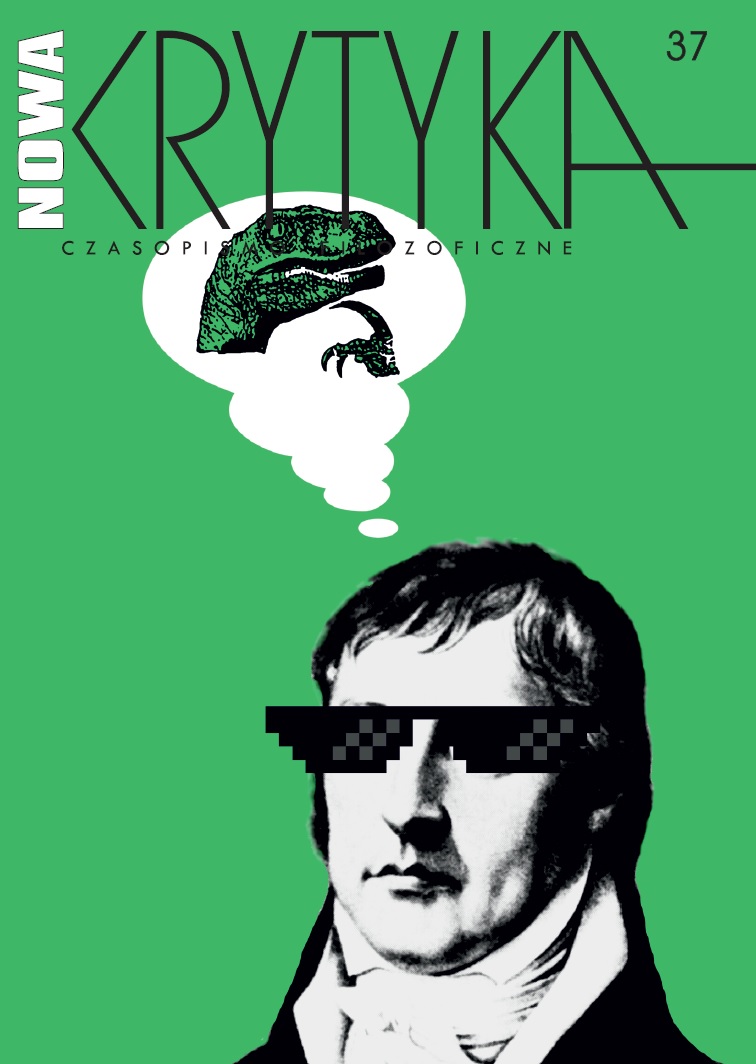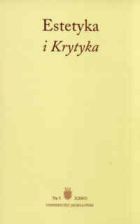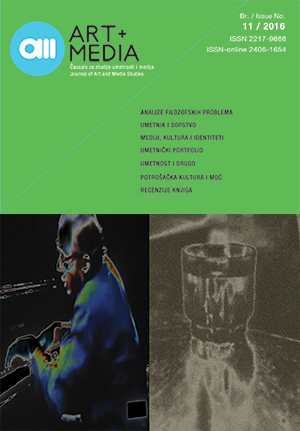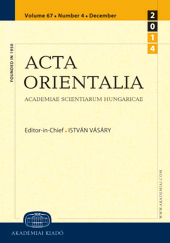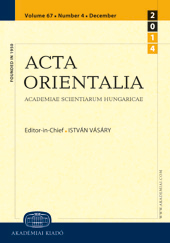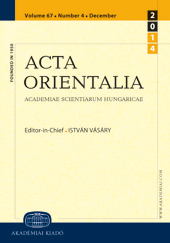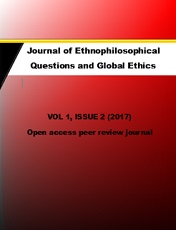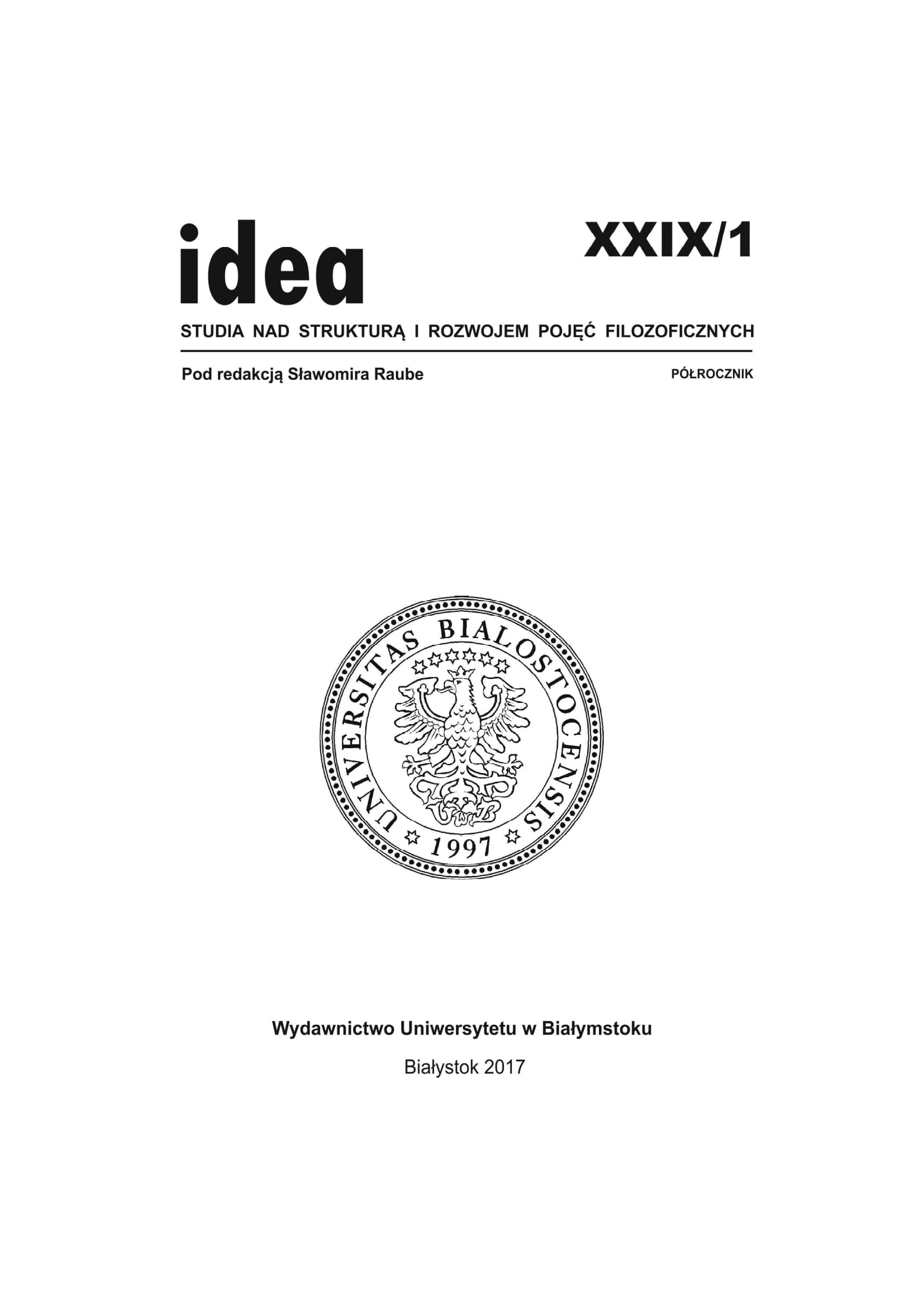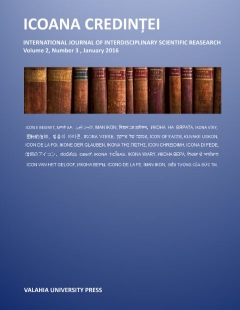
The human will debate between Western and Yoruba philosophical traditions
Discourse on human will has a long history in Western philosophical tradition; and this discourse remains evergreen with changing subject-matter from one period to another. As a matter of fact, the discourse has significant implications for other intellectual disciplines that advance the course of the human species. In this connection, this paper examines the most recurring debate in the history of the discourse on human will; this paper particularly examines the various controversies that have been generated by the question whether the human will is free or not. The question has serious implications on the way we construe existence in all ramifications. The paper considers the debate within the bounds of two distinct thought systems of Western and Yoruba philosophical traditions. Within the context of Western thought, the paper focuses on doctrines that have evolved in the attempt to address correspond to the question whether the human will is free or not. Within the Yoruba thought system, the paper examines the works of some scholars that have contributed to the discourse on the fundamental question. This paper argues that the question of whether the human will is free or not does not arise in the Yoruba philosophical system. The analytic and phenomenological approaches are adopted in this paper. The analytic approach is important to achieve the twin goal of explanation and clarity of concepts and issues; that is, the approach affords us the opportunity to engage and subject written literatures to critical exposition. The phenomenological approach is significant as an interpretative tool to interrogate oral texts that account for the notion and conception of human will in Yoruba thought system.
More...
